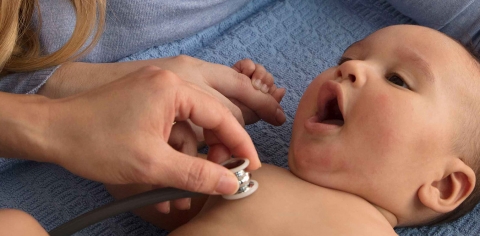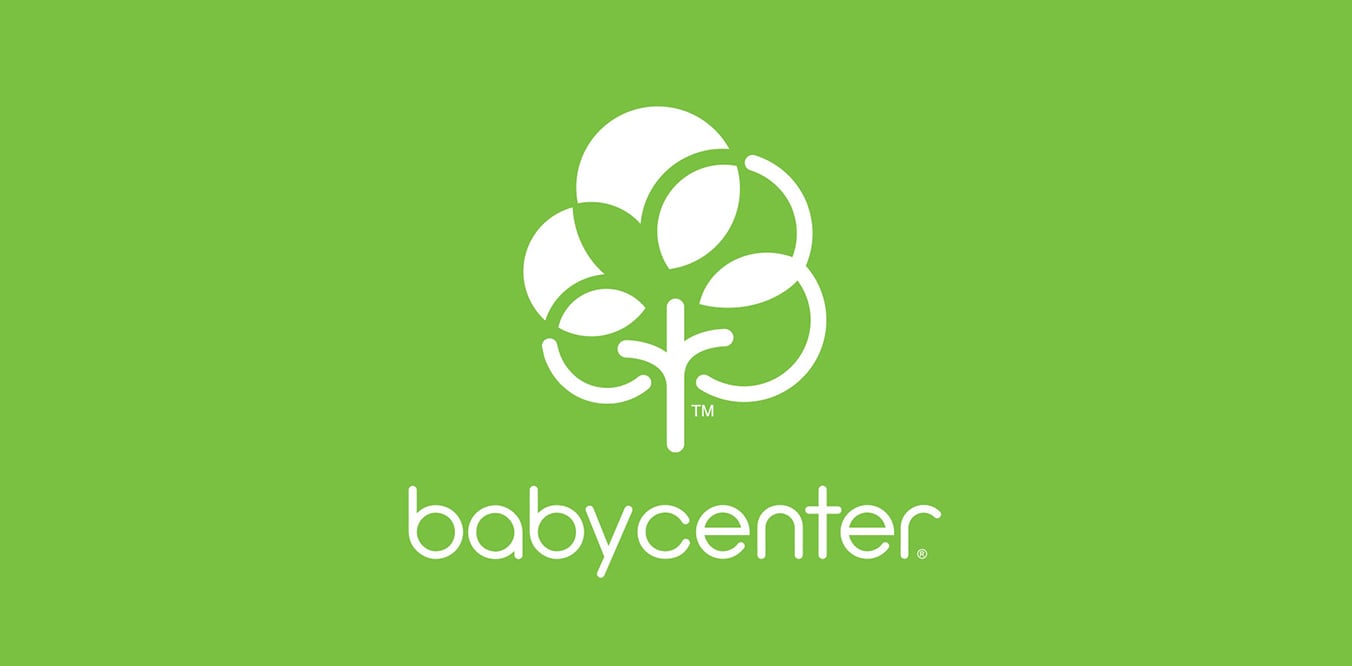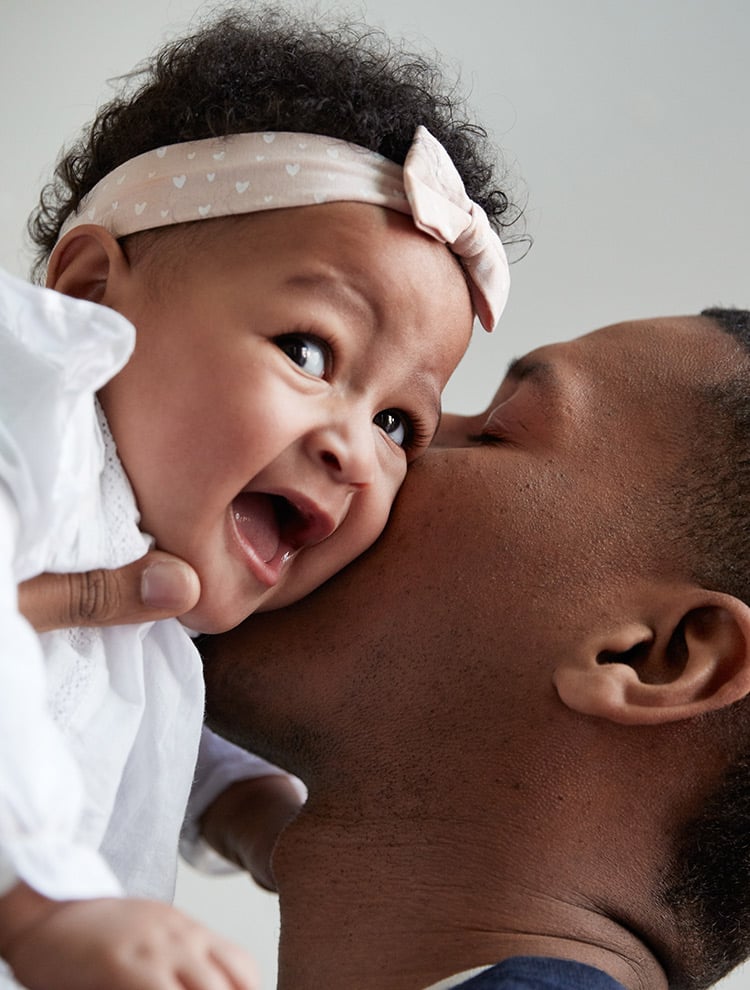Potty Training Guide for Parents
Every toddler is different, and that’s why there’s no proper time to begin toilet training. Here’s a guide to help you determine when to start and how to help your toddler succeed.
There is no “right age” to begin toilet training because each toddler is different. Here’s a guide to help you determine when to start and how to help your toddler succeed.
Potty training is possible only when your toddler is able to control the muscles of her bottom and bladder. These muscles mature between 18 and 36 months, so it’s generally recommended to start toilet training after she is at least two years old.
Pick the Right Time
Having a potty visible and available in the bathroom for some months prior to the start of formal training can give your child the chance to get used to sitting on it and even using it occasionally. In addition to your toddler developing the necessary muscle control, other signs that may indicate she is ready to begin include:
- Her ability to sit down on a potty and get up easily
- Her ability to tell you when she has the urge to go
Rushing to potty train your child could just make the process longer. Studies show that many children who begin potty training before 18 months aren't completely trained until after the age of four, whereas those who started at around age two were completely trained before their third birthday.
How to Get Started
To begin toilet training, choose a potty or a toilet seat insert. Some toddlers like the idea of their own potty, while others prefer to use the "grown-up" toilet with an insert seat.
Once you think your toddler is ready, explain that without diapers she will need to use the potty. Because many disposable diapers are designed to prevent any feeling of wetness, it may help to choose training-type diapers with special "wetness liners" that let your toddler feel a little bit of wetness. But be sure to watch for signs of diaper rash.
Switching from Diapers to Underwear
Here are some signs that your toddler may be ready to try underwear:
- She’s beginning to try to remove her pants and nappy without your help.
- She’s aware of her need to urinate or have a bowel movement (even if wearing a diaper) and she’ll tell you.
- She’s watched you or other family members use the toilet.
- She sits on and tries to use the potty, e.g., before her bath in the evening.
Once you have some evidence that your toddler knows what will be required of her once she goes without diapers, you can consider taking the next step to underwear. You can make this a special occasion by explaining that she’s now going to wear "big kid" underwear and by asking her to help pick out a few pairs.
Getting Into a Routine
You will need to give your toddler regular reminders that she might like to use the potty. Don't sit her on the potty unless she says yes; otherwise she won't make the connection for herself. Praise her efforts and successes, and, if accidents happen, gently remind her that this is what the potty is for, change her, and make no fuss. Reacting negatively may make her resentful and less inclined to try again.
Potty Training While Traveling
It's a challenge to toilet train when on the road, but it's possible. Ask your toddler to visit the potty just before leaving home, and be sure to scope out restroom locations as soon as you get to wherever you're going. Try to maintain good hygiene habits even while on the road by packing a gentle cleanser, like JOHNSON’S® baby moisture wash. For extra-long trips, with no foreseeable restroom, you may want to consider using a diaper to avoid accidents.
Finally, it is worth remembering that every toddler develops at a different rate, and that patience is key. If you try not to rush this stage and take toilet training at her pace, you will also end up teaching your toddler that learning new skills is fun and empowering, and that's a great life lesson.
What's New?
The world of science is always evolving. That’s why JOHNSON'S® is devoted to providing the latest and greatest in research, innovation, and technology.





By registering, you agree to receive additional transactional, marketing/promotional and sample material from the Johnson's Baby Professional website. Your personal information will be used to fulfill your request for samples and/or patient education materials. Your information will be shared only with JNTL Consumer Health (Philippines) Inc., its affiliates, and any third parties working on their behalf to fulfill your request, and will be governed by our site's Privacy Policy.